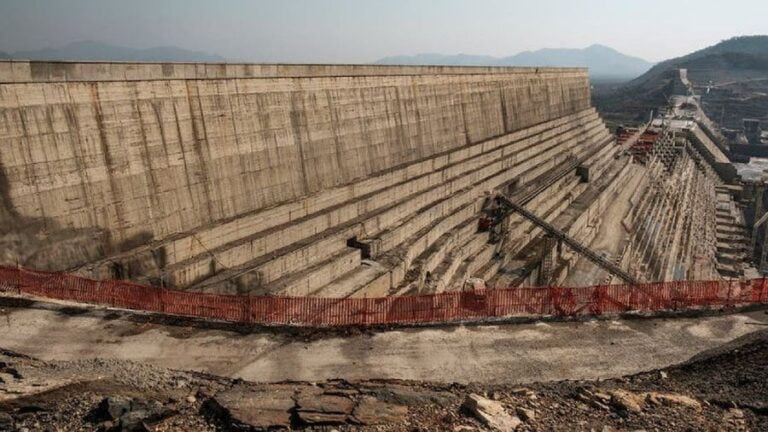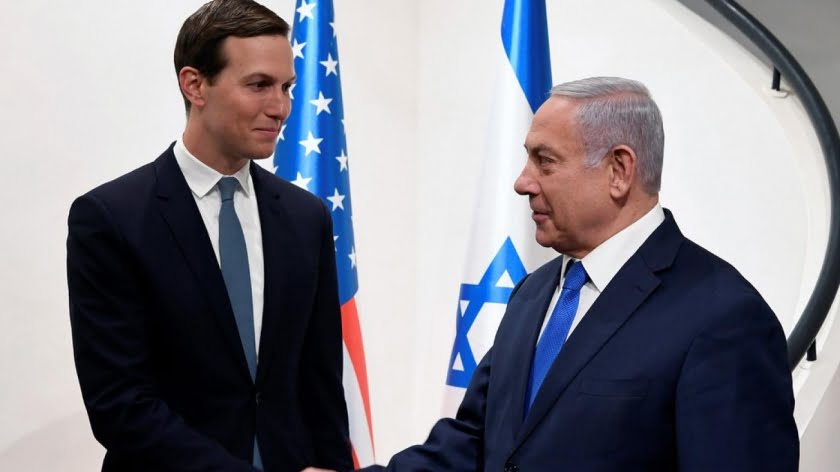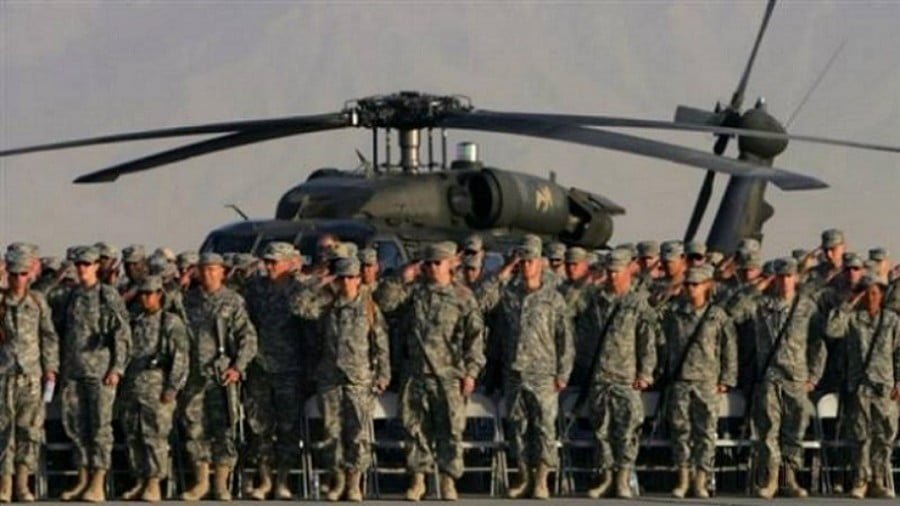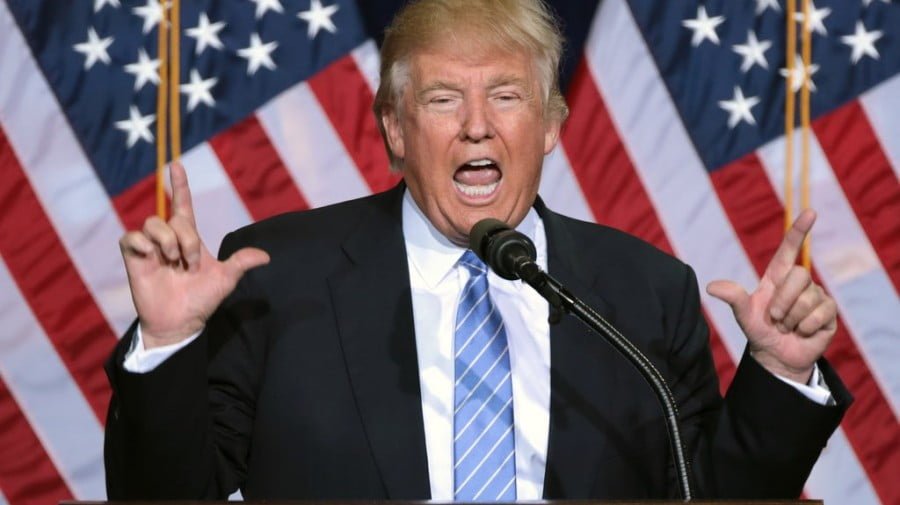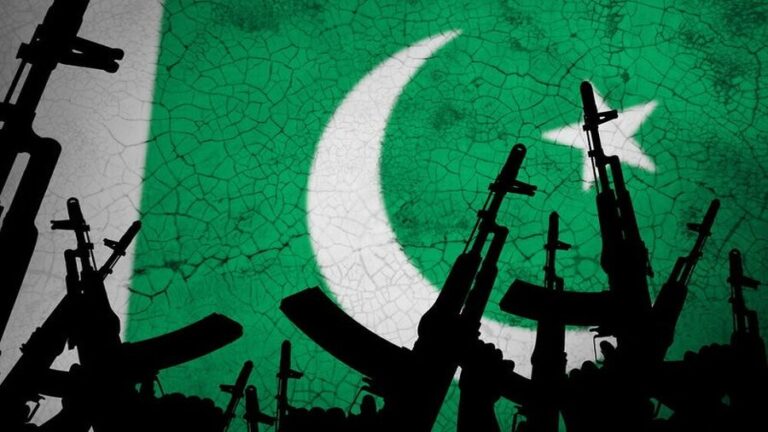The Coming Food Price Crisis Might Catalyze More Political Tumult Across The Global South
While the fertilizer and food price spikes that’ll follow these commodities’ likely dearth on the market in the coming months wasn’t necessarily preplanned per say, the outcome will almost certainly be exploited by the US-led West to destabilize those governments across the Global South that didn’t vote against Russia during the UNGA vote on Ukraine.
The director-general of the United Nations Food and Agriculture Organization (FAO) warned that the multidimensional consequences of Russia’s special military operation in Ukraine risked spiking food prices across the world, which would disproportionately affect those Global South countries that depend on those two countries for meeting a significant share of their related needs. This follows President Putin’s “Meeting with Government members” on Thursday where the authorities discussed the issue of Russia’s food and fertilizer supply to the rest of the world. Interested readers can conveniently skim the pertinent parts of that event by doing a CTRL+F keyword search for “food” and “fertiliser” since the transcript is rather lengthy and covers many other topics than just those two.
Global South countries have already been reeling from the economic and financial consequences of the COVID-19 pandemic (“World War C”), which crashed many of their economies and plunged them even further into debt. With potentially less fertilizer and grain on the market due to disruptions connected to the US-led West provoking Russia’s special military operation in Ukraine and the related unilateral restrictions that they imposed on Moscow in response, it’s very likely that prices will spike and these same Global South countries simply won’t be able to afford them. That could in turn trigger a worldwide humanitarian crisis that might potentially involve billions of victims, who aren’t all guaranteed to starve to death of course though most of them will likely go hungry and consume less calories than is healthy.
The theater-wide Color Revolution campaign popularly described nowadays as the so-called “Arab Spring” was indirectly facilitated by rising commodity prices at the time that made it much easier for Western “NGOs” (including those government-organized ones that can be accurately be described as GONGOs) to manipulate their people into aggressively protesting and then subsequently weaponizing their mass anti-government demonstrations against the state. Global South countries were comparatively better equipped to deal with that food price crisis at that time than they are now following the economic and financial consequences of World War C. This suggests that more unrest across this broad swath of the world might be inevitable, including Color Revolutions and Hybrid Wars.
While the fertilizer and food price spikes that’ll follow these commodities’ likely dearth on the market in the coming months wasn’t necessarily preplanned per say, the outcome will almost certainly be exploited by the US-led West to destabilize those governments across the Global South that didn’t vote against Russia during the UNGA vote on Ukraine. Those states also happen to have excellent relations with China too, meaning that they’re reliable partners for those two to cooperate with for accelerating the ongoing global systemic transition to multipolarity. This suggests that Russia and China should agree in advance on how they can best assist their partners across the Global South in mitigating the impact of these expected price spikes on their domestic stability.
Not doing so, or at least not succeeding if they try, could lead to the US-led West decisively pushing back against the emerging Multipolar World Order all throughout the Global South and thus indefinitely clinging to its declining unipolar hegemony. It could also result in those neutral countries (whose pragmatic stance de facto places them on multipolarity’s side) becoming the next victims of the US’ Ethiopian-like Hybrid Wars that are about to be waged against all those who refuse to submit to its zero-sum pressure to choose a side in the New Cold War. Even though Ethiopia survived, its comparatively weaker and less socio-politically cohesive peers across the rest of the Global South might not fare as well, which is why it’s of the highest priority for Russia and China to jointly prepare to support them.


